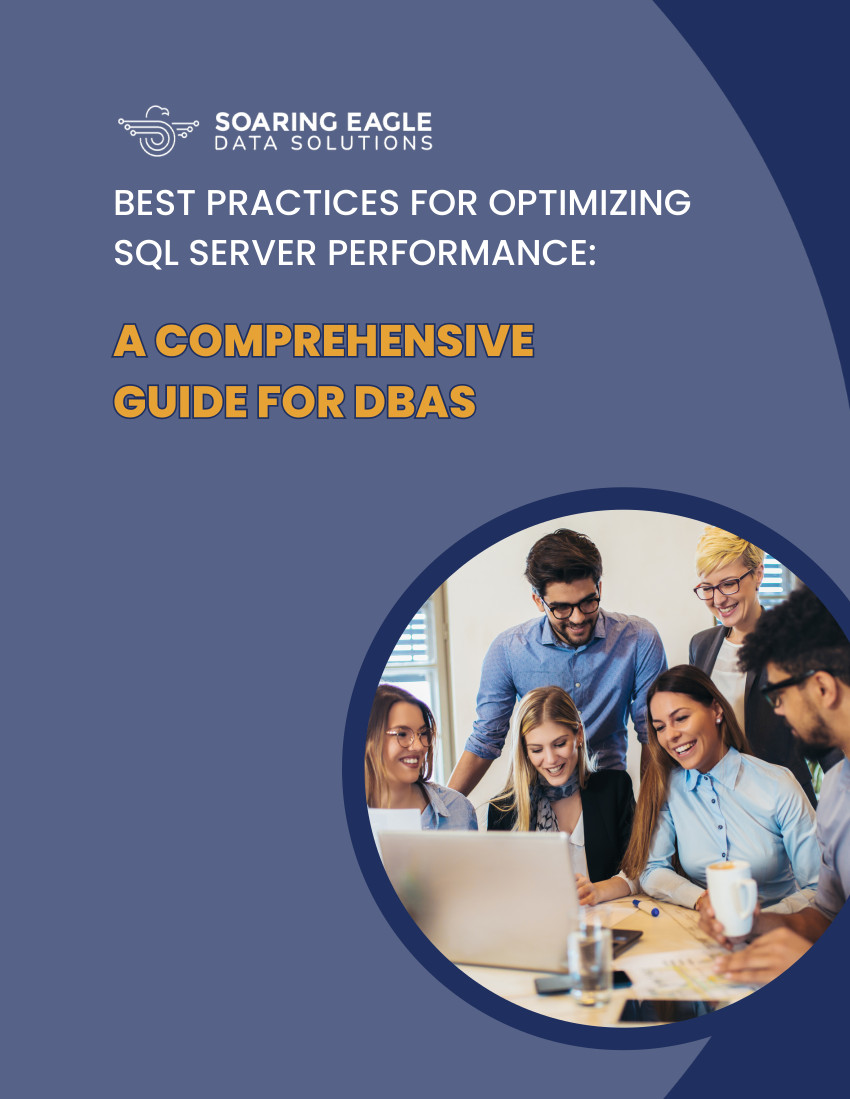Bringing IT Talent to the Countryside: Rural Hospitals' Hiring Struggles
 The heartbeat of any healthcare institution, be it in bustling urban centers or tranquil rural landscapes, is its IT infrastructure. In an era where digital technology plays a pivotal role in patient care, rural hospitals are grappling with a unique challenge: hiring and retaining IT talent. The digital divide between rural and urban areas is not just about internet connectivity; it's also about access to the expertise needed to keep the healthcare IT engines running smoothly. In this article, we'll explore the hiring problems rural hospitals, especially in IT, face and examine two viable solutions - Remote Workers and Managed Services Providers - to address this critical issue.
The heartbeat of any healthcare institution, be it in bustling urban centers or tranquil rural landscapes, is its IT infrastructure. In an era where digital technology plays a pivotal role in patient care, rural hospitals are grappling with a unique challenge: hiring and retaining IT talent. The digital divide between rural and urban areas is not just about internet connectivity; it's also about access to the expertise needed to keep the healthcare IT engines running smoothly. In this article, we'll explore the hiring problems rural hospitals, especially in IT, face and examine two viable solutions - Remote Workers and Managed Services Providers - to address this critical issue.
The Rural Healthcare IT Dilemma
Rural hospitals play a vital role in providing healthcare services to their local communities. However, these institutions often face a series of uphill battles when it comes to IT staffing. Let's delve into the core challenges:
- Limited Talent Pool: In rural areas, the pool of available IT professionals is significantly smaller compared to urban centers. This scarcity of qualified candidates makes it challenging to fill critical IT roles within healthcare institutions.
- Attracting and Retaining Talent: Rural hospitals often struggle to attract top-tier IT talent. Even when they do, retaining these professionals can be equally difficult, as career advancement opportunities may be limited. Many Hospitals often cannot afford the salary that comes with experienced and specialized IT personnel. Especially the Database Administrators and Data Analysts that are needed to propel your hospitals systems forward.
- Skill Set Requirements: Finding individuals with the right skill set is often a significant challenge. Healthcare IT is a specialized field with unique requirements, including compliance with health regulations like HIPAA and the management of Electronic Health Records (EHR) systems. The ability to integrate various healthcare systems and technologies (e.g., PACS, EMR, billing systems) is vital. This requires knowledge of interoperability standards such as HL7 and FHIR.
- Impact on Patient Care: IT issues in a healthcare setting can directly impact on patient care. Delayed response times, system downtimes, or security breaches could have severe consequences for patient satisfaction and health. Rural hospitals face increased risks in these situations due to staffing shortages.
Solutions for hiring IT staff in Rural Hospitals
Rural hospitals must explore creative solutions to bridge the IT staffing gap. Spoiler - there is no magic wand.
- Money Cures All
Given an unlimited budget it is always possible to secure on-site full-time employees for a hospital or healthcare organization. You just need to have the proper incentives for incoming employees. Higher pay, better benefits, and a nice relocation package will often do it. Make sure to list these perks in your Job Descriptions, and get approval from your CFO.
- Remote Workers: The Promise of Telecommuting
In the modern working landscape, remote work has become increasingly popular. For rural hospitals, this option opens the door to a broader talent pool. Here's how it can help:
- Expanded Talent Reach: Rural hospitals can tap into IT professionals from outside their immediate vicinity. With the right technology, remote workers can contribute effectively to the hospital's IT needs.
- Cost-Efficiency: Remote workers can often be a cost-effective solution, as they may not require relocation or extensive on-site infrastructure.
- Flexibility: Remote work allows hospitals to bring in specialists as needed, providing flexibility in scaling IT support based on demand.
- Managed Services Providers: Outsourcing Expertise
Managed Services Providers (MSPs) are organizations dedicated to offering IT services. They can manage specific IT functions or oversee an entire hospital's IT needs. Here's how MSPs can be beneficial:
- Specialized Expertise: MSPs often bring a deep level of healthcare IT knowledge and experience, helping rural hospitals navigate complex regulatory requirements and EHR management.
- 24/7 Support: Many MSPs offer round-the-clock support, ensuring that IT issues are addressed promptly, minimizing downtime and disruptions to patient care.
- Cost Predictability: Contracting with an MSP can provide cost predictability for the hospital, making budgeting easier and more efficient.
- Team Members: A good Managed Service Provider for Healthcare organizations will assign primary contacts to get to know your business and really function as a member of your team.
- Augmentation and Mentoring: MSP staff often have a higher level of experience than you could otherwise afford. This allows them to mentor any in-house staff you have and help them grow as your business does.
Overcoming the Challenges
Rural hospitals must be proactive in addressing their IT hiring problems to ensure the continued delivery of quality healthcare services to their communities. Combining the strengths of remote workers and Managed Services Providers can be a powerful strategy. By expanding the talent pool through remote workers and accessing specialized expertise through MSPs, rural hospitals can overcome their staffing hurdles and continue their mission of providing exceptional patient care.
By embracing innovative solutions Rural Hospital institutions can bridge the staffing gap and ensure that their IT infrastructure is robust, reliable, and capable of supporting their critical role in healthcare. Rural hospitals must continue to adapt to the evolving digital landscape to provide quality patient care, regardless of their location.


